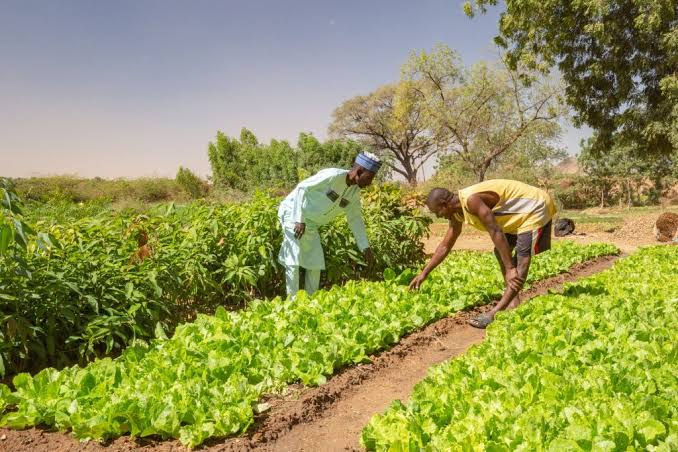The executive secretary of the National Agricultural Development Fund (NADF), Mohammed Ibrahim, has called for a stronger focus on skills acquisition in the Agri-Tech sector to enhance agriculture and create employment opportunities for Nigerian youth.
Speaking at a stakeholders’ roundtable on Nigerian Youth Development, organised by the Sir Ahmadu Bello Memorial Foundation in Abuja, Ibrahim emphasised the importance of combining agricultural knowledge with emerging technologies to equip the nation’s youth for the future workforce and address food security challenges.
Ibrahim highlighted the vast opportunities available to Nigerian youth in agriculture, particularly in the growing Agri-Tech sector, where technology and agriculture intersect. He pointed out that while technological advancements in agriculture rapidly evolve, the sector has not fully leveraged these innovations.
“The major opportunity for the youth within the agricultural setting lies within the nexus of technology and agriculture, often referred to as Agri-Tech,” Ibrahim stated. “While technology continues to advance rapidly, Agri-Tech is yet to be fully explored and maximised.”
Drawing from his own experience in the sector, the NADF Executive Secretary shared insights from his involvement in founding two successful Agri-Tech companies. He explained that the NADF is working to bridge the gap by developing frameworks for agricultural skills training that align with global standards.
“Part of this effort involves a partnership between NADF and the National Board for Technical Education (NBTE) to implement a National Agricultural Technical, Vocational, and Educational Training Programme. This initiative addresses the skills gap in the agricultural sector, focusing on critical areas such as soil science, veterinary medicine, and digital mapping—skills essential for modern farming.
“The NADF is working closely with various stakeholders, including the NBTE, to implement a more robust training program that will equip youth with the right skills,” Ibrahim said.
Additionally, Ibrahim announced that the NADF will roll out a pilot scheme across Nigeria’s six geopolitical zones. This initiative will span six days and focus on agricultural skills tailored to each region’s specific agro-ecological needs.
Acknowledging the significant financial barriers many young Nigerians face when entering agriculture, Ibrahim highlighted the importance of NADF’s efforts to balance commercial and social funding models. This approach aims to ease the financial burden on smallholder farmers and youth entrepreneurs, ultimately fostering sustainable agricultural growth and job creation.
We’ve got the edge. Get real-time reports, breaking scoops, and exclusive angles delivered straight to your phone. Don’t settle for stale news. Join LEADERSHIP NEWS on WhatsApp for 24/7 updates →
Join Our WhatsApp Channel










